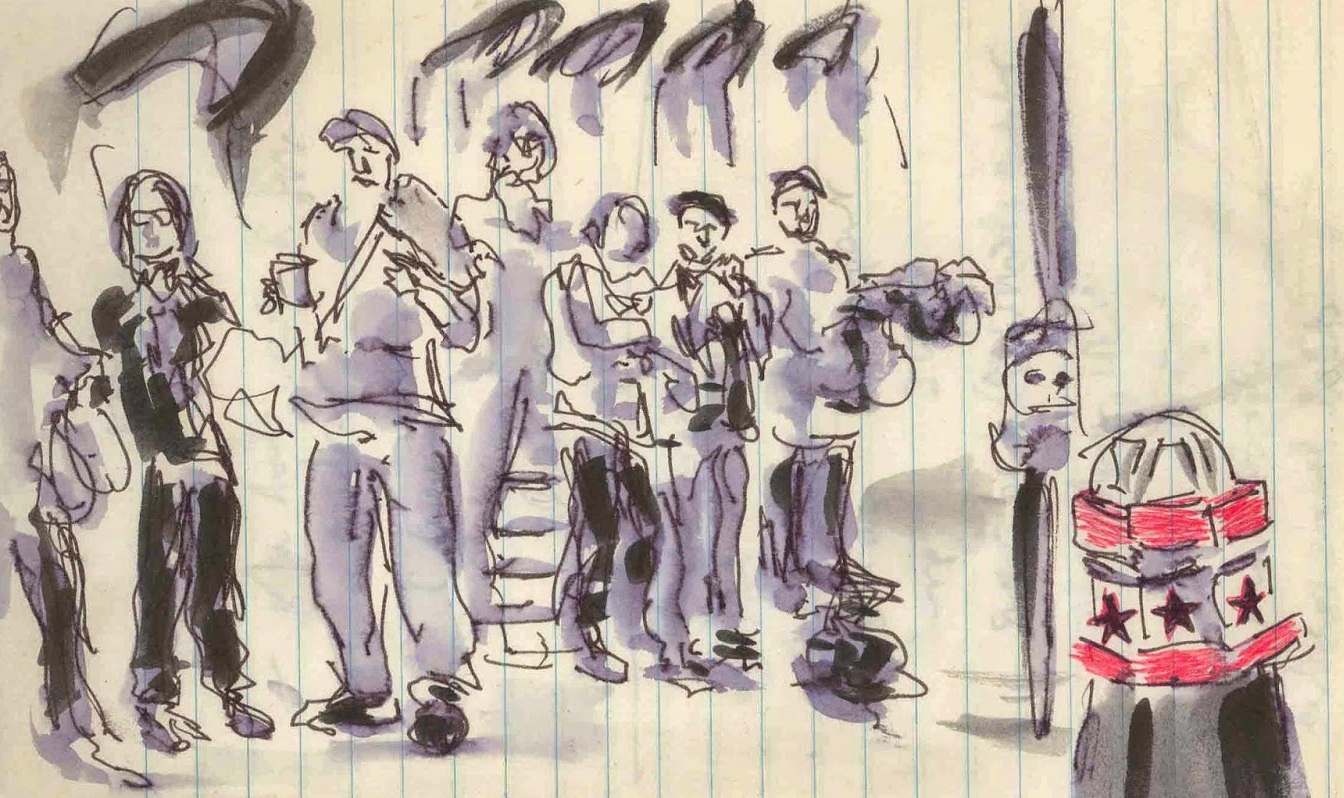Draft guidancehas been published last week clarifying the reporting and attendance rights of journalists and legal bloggers in the family courts. Its aim is to encourage media coverage of family cases where appropriate.
The proposals were triggered by freelance journalist Louise Tickle’ssuccessful challengeof a reporting restriction in the Court of Appeal earlier this year. The restriction banned the media reporting on Southampton City Council’s attempt to remove a child from her mother.
As legal aid was not available for the appeal hearing, Tickle crowdfunded to cover costs and was represented pro bono. The appeal judges weighed the rights of the parties to privacy and the rights of the freedom of expression.
Such a balancing exercise is central to the new guidance. On her blog,Pink Tape, Tickle wrote: ‘It’s really encouraging to see the new President is grasping the very tricky nettle of transparency… there aren’t any simply solutions.’
The guidance was written by the President of the Family Division, Sir Andrew MacFarlane, and will remain open for consultation until 30 June. Views and suggestions are encouraged here.Sir Andrew comments: ‘It is important that the family justice system is as open and transparent as is possible, while, at the same time, meeting the need to protect the confidentiality of the individual children and family members whose cases are before the court.’
A wider ‘root-and-branch’ transparency review into the family courts, which will run for a longer period of 9 months and report next year, has also been announced.






